There are certain figures in history whose impact was so profound that imagining the world without them feels almost impossible. From revolutionary thinkers to visionary leaders, these individuals changed the course of history in ways that still resonate today. While we can’t bring them back, it’s fun to wonder what might happen if we could.
From philosophers like Socrates to political giants like Abraham Lincoln, these 16 historical figures have left legacies that continue to shape our society. What would they think of the world today? How might their influence evolve in modern times? These are the figures we’d love to bring back—not just to revisit their stories, but to see what wisdom they might offer now.
Leonardo da Vinci
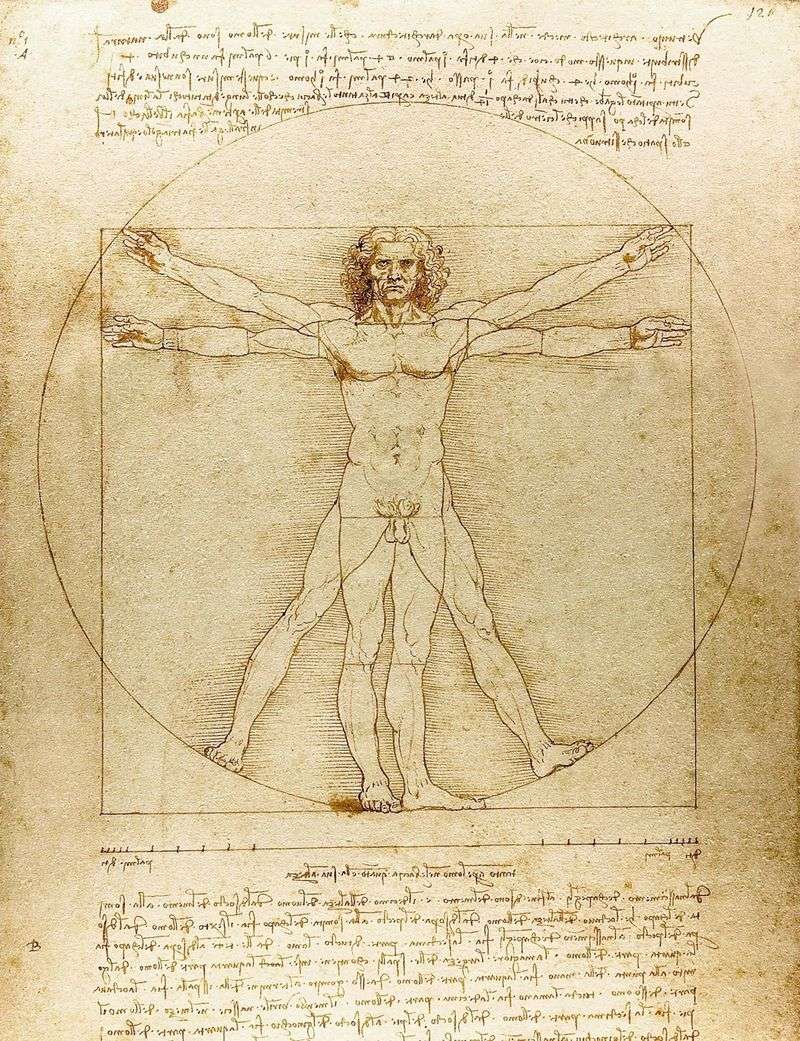
Leonardo da Vinci, a true polymath, blended art and science in groundbreaking ways. Known for masterpieces like the Mona Lisa, his curiosity knew no bounds. From anatomical drawings to futuristic inventions, his work continues to inspire. Imagine the innovation he could bring with today’s technology.
His ability to perceive the world with both artistic and scientific lenses made him a genius of his time. What new frontiers would he explore in our era? A world with da Vinci would be as intriguing as it is transformative.
Cleopatra
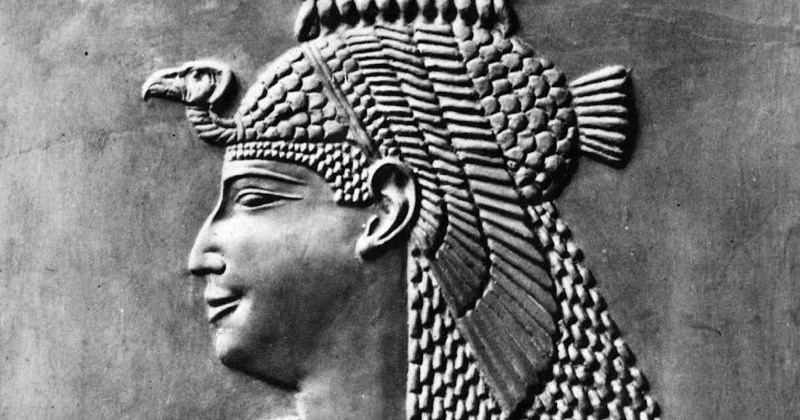
Cleopatra, the last Pharaoh of Egypt, was a woman of formidable intelligence and charm. Her political savvy and diplomatic skills were unparalleled. Partnering with Julius Caesar and Mark Antony, she sought to elevate Egypt’s stature in a male-dominated world.
Her legacy as a shrewd ruler and cultural icon endures. Would her strategies adapt to today’s political climate? Her allure and authority might just rewrite the story of modern-day diplomacy. A conversation with Cleopatra could bridge ancient wisdom with contemporary challenges.
Albert Einstein

Albert Einstein, the iconic physicist, revolutionized our understanding of space and time. His theory of relativity transformed physics, challenging conventional wisdom. Imagine the concepts he’d explore with today’s scientific resources.
With a mind that transcended the ordinary, Einstein’s insights continue to influence modern science. Would he unravel the mysteries of dark matter? His inquisitive nature and groundbreaking discoveries could propel us into unexplored realms of knowledge.
Marie Curie
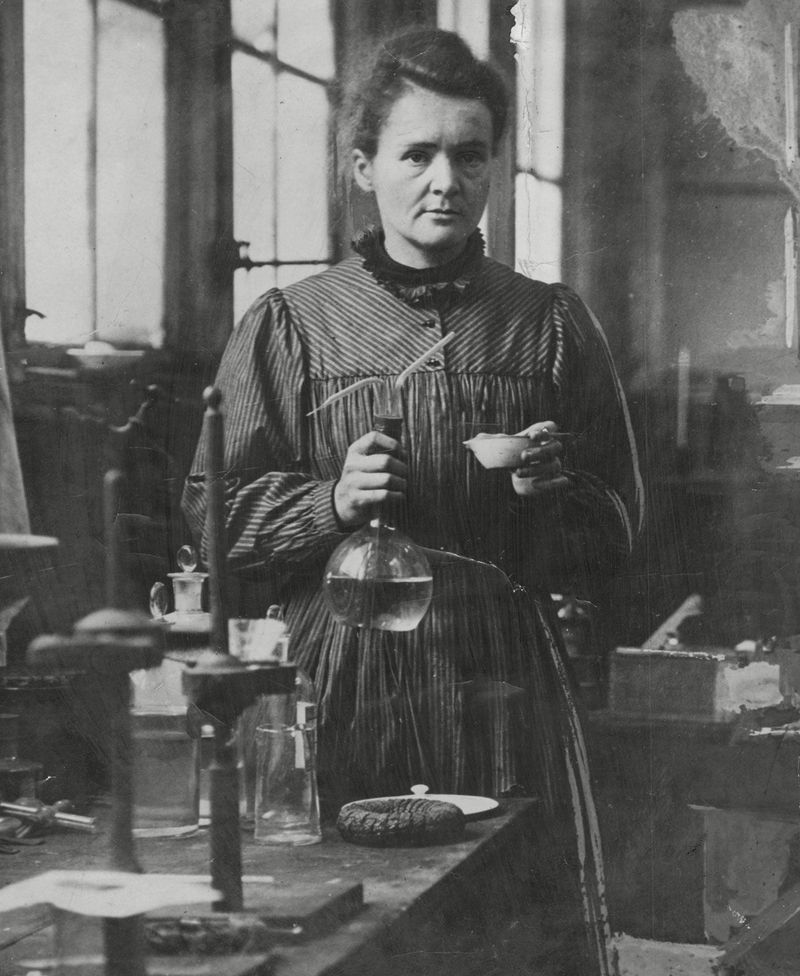
Marie Curie’s pioneering research on radioactivity laid the foundation for modern physics and chemistry. Her relentless pursuit of knowledge earned her two Nobel Prizes, a testament to her dedication and brilliance.
Curie’s work continues to inspire generations of scientists. How would she approach today’s challenges in nuclear science? Her resilience and innovative spirit could lead to groundbreaking advancements. A conversation with Curie might illuminate paths to future discoveries.
Mahatma Gandhi

Mahatma Gandhi’s philosophy of nonviolence reshaped political movements worldwide. His leadership in India’s struggle for independence showcased the power of peaceful resistance.
Gandhi’s teachings continue to resonate with activists across the globe. Would he find new ways to promote peace in today’s complex world? His unwavering commitment to justice and equality might just illuminate paths to harmony and understanding. A dialogue with Gandhi could redefine peaceful conflict resolution.
William Shakespeare
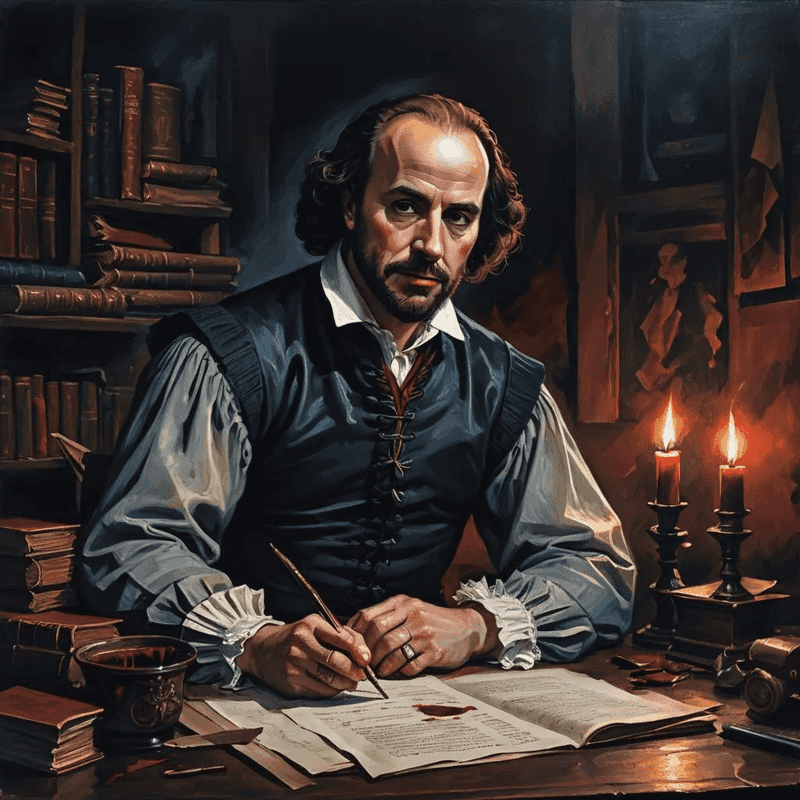
William Shakespeare’s literary genius crafted timeless tales of love, ambition, and tragedy. His plays, filled with rich characters and profound themes, continue to captivate audiences.
How might Shakespeare’s storytelling evolve in the modern era? His masterful command of language and keen insights into human nature could redefine literature. Would his plays address contemporary issues with the same eloquent flair? His voice, both familiar and novel, might inspire a renaissance of creativity.
Queen Elizabeth I
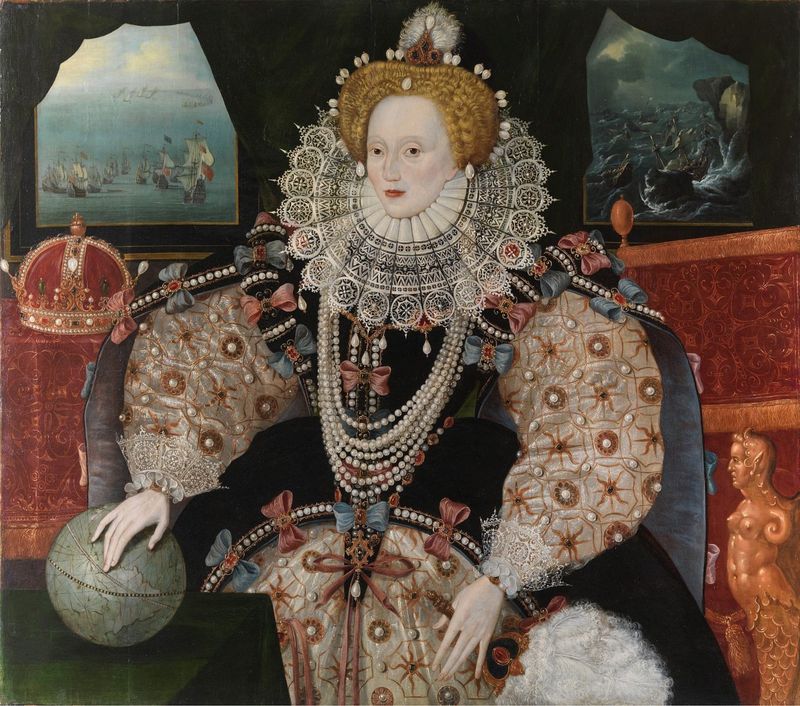
The reign of Queen Elizabeth I marked an era of exploration and cultural flourishing. Her leadership transformed England into a global power, fostering the Elizabethan Age.
What new horizons would she explore today? Her influence and strategic acumen could drive modern innovation and diplomacy. With her commanding presence and visionary outlook, Elizabeth might ignite a new age of enlightenment. A conversation with her could reveal timeless insights into leadership and governance.
Alexander the Great

Alexander the Great’s conquests forged one of history’s largest empires. His military genius and strategic vision reshaped the ancient world, leaving an enduring legacy.
How would his insights translate to modern conflicts? His ambition and boldness could illuminate paths to leadership and unity. Alexander’s presence might inspire a reassessment of power dynamics and empire-building in contemporary times.
Martin Luther King Jr.

Martin Luther King Jr.’s dream of equality and justice inspired a generation. His eloquent speeches and peaceful advocacy sparked the Civil Rights Movement in America.
Would his voice resonate in today’s struggles for social justice? His unwavering dedication to nonviolent change might catalyze progress in a divided world. A conversation with King could provide fresh perspectives on fostering harmony and understanding between communities.
Joan of Arc
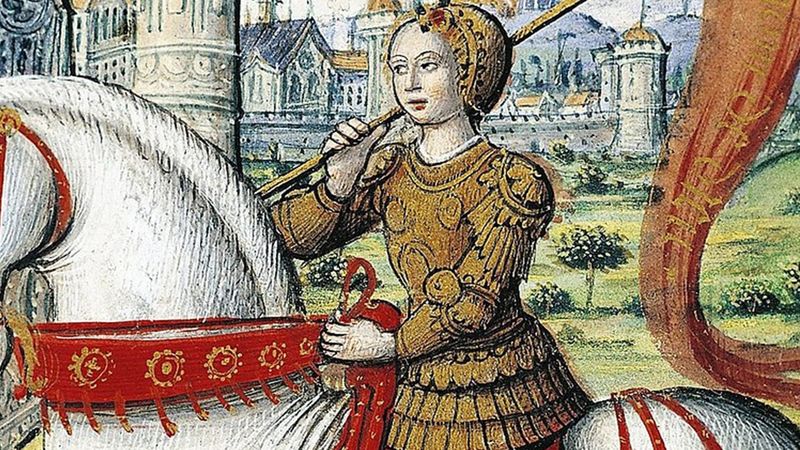
Joan of Arc, the fearless Maid of Orléans, led France to victories during the Hundred Years’ War. Her divine conviction and courage made her a national heroine.
How would her faith and bravery inspire today’s world? Her legacy of resilience and leadership could guide movements for justice and empowerment. Joan’s presence might rekindle the spirit of determination in the face of adversity.
Nikola Tesla
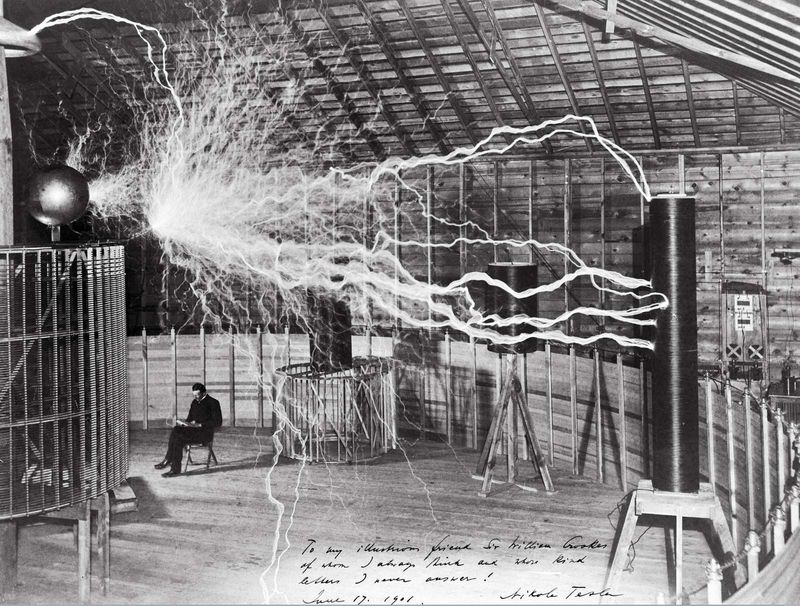
Nikola Tesla’s innovations in electricity and magnetism revolutionized technology. His visionary ideas laid the groundwork for modern electrical engineering.
What new wonders would he unveil with today’s tools? Tesla’s inventive spirit and fascination with the possibilities of technology might pave the way for groundbreaking advancements. A dialogue with Tesla could spark inspiration in the realms of science and innovation.
Frida Kahlo

Frida Kahlo’s art captured the beauty and pain of her life, making her an icon of resilience and self-expression. Her vivid paintings reflect her unique perspective and cultural heritage.
How might her creativity manifest in today’s world of art? Kahlo’s bold approach to identity and emotion could resonate with contemporary audiences. Her work, both personal and universal, might inspire new dialogues on individuality and empowerment.
Winston Churchill

Winston Churchill’s leadership during World War II showcased his indomitable spirit and strategic foresight. His rousing speeches and steadfast resolve inspired a nation.
Would his courage and wisdom guide today’s global challenges? Churchill’s tenacity and eloquence might offer valuable lessons in leadership and resilience. A conversation with him could illuminate paths to overcoming adversity and fostering unity.
Emmeline Pankhurst
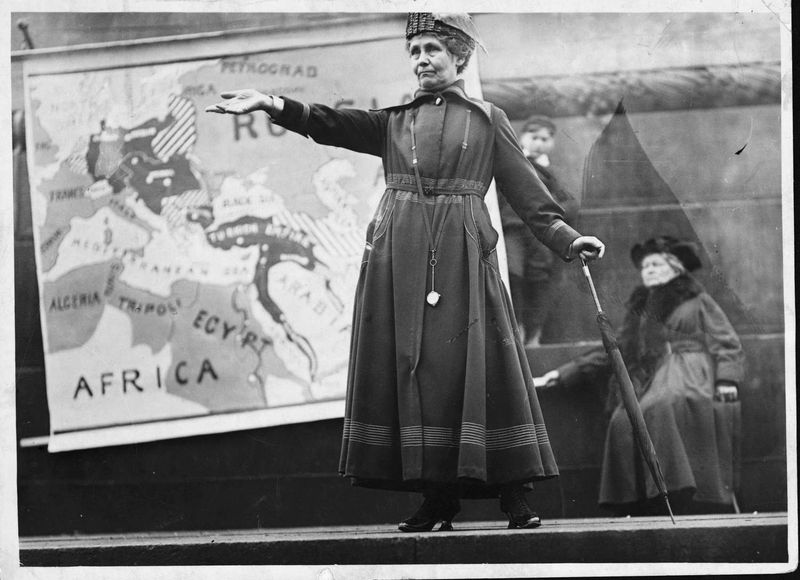
Emmeline Pankhurst’s advocacy for women’s suffrage reshaped societal norms. Her unyielding determination paved the way for gender equality and women’s rights.
How might her activism influence contemporary movements for equality? Pankhurst’s courage and vision could empower new generations to challenge the status quo. Her legacy, both fierce and inspiring, might motivate continued progress in the fight for justice.
Galileo Galilei
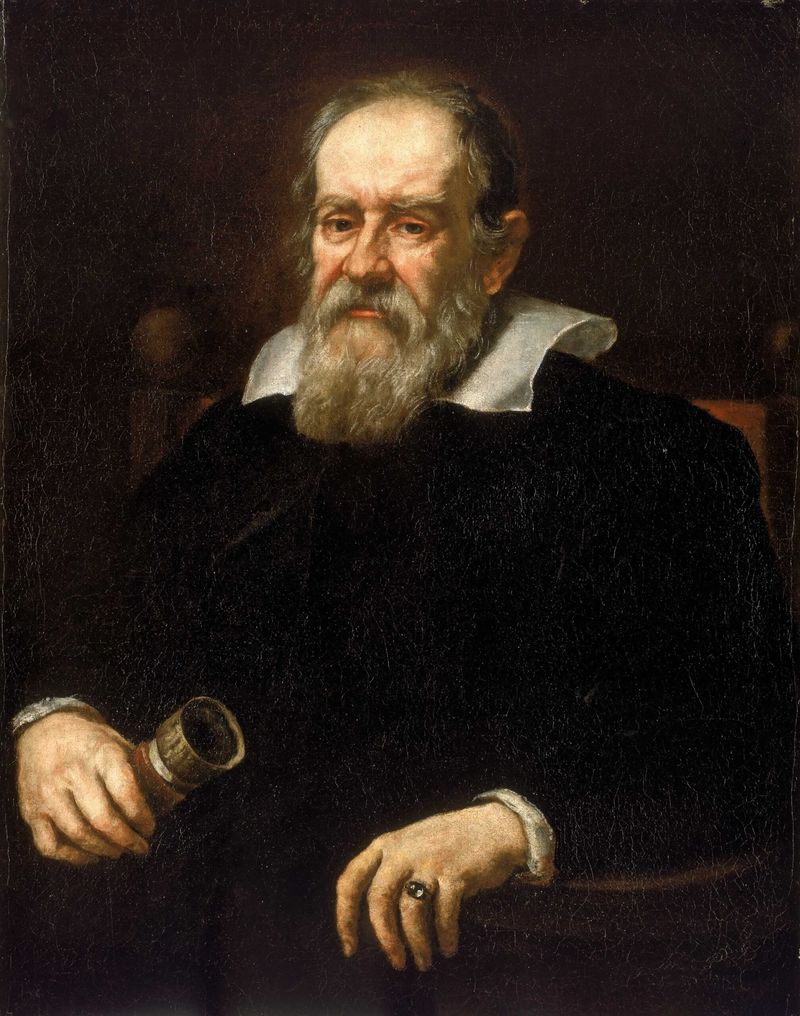
Galileo Galilei’s astronomical discoveries revolutionized our understanding of the universe. His support for heliocentrism challenged church doctrines, marking a pivotal moment in science.
What mysteries of the cosmos would he explore today? Galileo’s curiosity and commitment to knowledge could advance our understanding of space. His pioneering spirit might inspire new generations to seek truths beyond our planet.
Vincent van Gogh
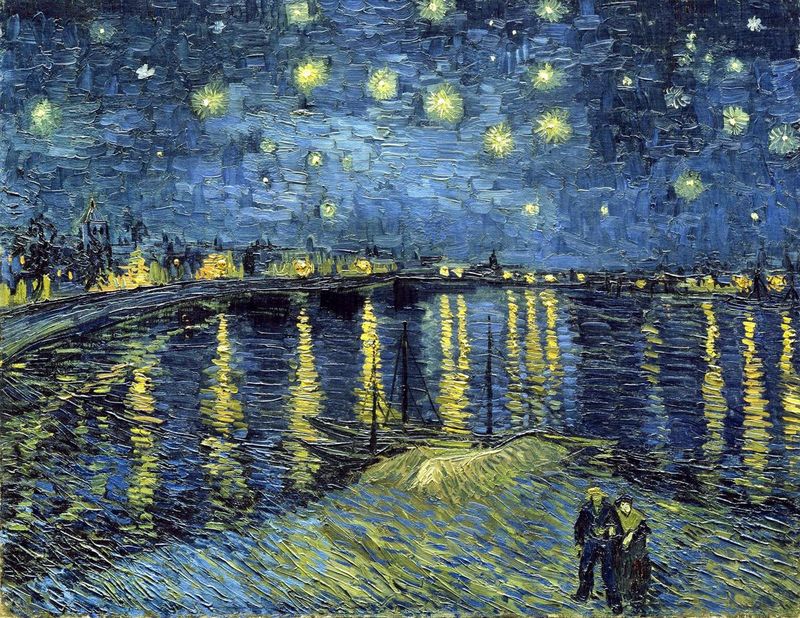
Vincent van Gogh’s emotive artwork captured the complexity of human emotion and nature. His post-impressionist style left an enduring legacy in the art world.
How would his creativity flourish in today’s artistic landscape? Van Gogh’s vivid imagination and exploration of color and form might captivate modern audiences. His paintings, filled with passion and turmoil, could inspire new interpretations of beauty and expression.
